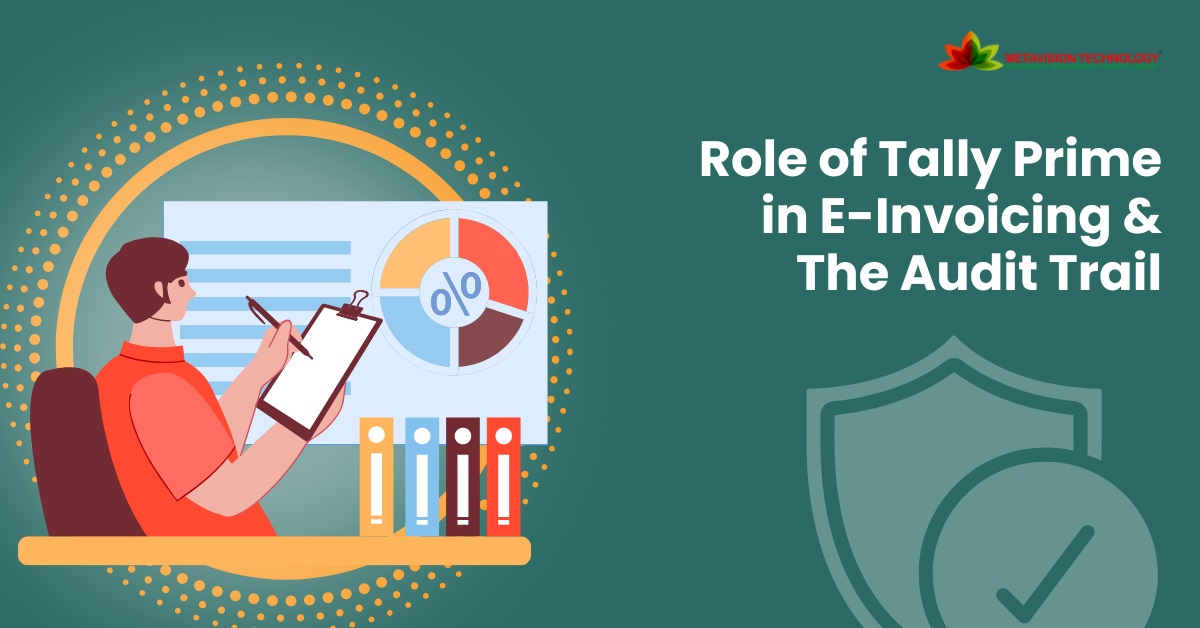Role of Compliance Tracking in Mitigating Legal Risks

Introduction to Compliance Tracking
In today’s business environment, compliance with laws and regulations is critical for any organization. Failure to comply can result in significant legal risks, including fines, lawsuits, and reputational damage. Compliance tracking is the process of monitoring and managing an organization’s compliance with laws and regulations. It plays a crucial role in mitigating legal risks by ensuring that an organization is aware of its obligations.
Identifying and Assessing Potential Risks
One of the key benefits of compliance tracking is that it helps organizations to identify potential legal risks before they become significant problems. It enables organizations to stay ahead of potential legal issues and to take proactive steps to mitigate them. Organizations can employ compliance tracking to stay updated on and adhere to any new regulations that may affect them. This enables them to remain informed about the changes and ensure their compliance.
Ensuring Up-to-Date Policies and Procedures
Another important role of compliance tracking is to ensure that an organization’s policies and procedures are up to date and in line with legal requirements. By monitoring modifications in laws and regulations, organizations can identify sections where their policies and procedures may require revision. This guarantees that the organization remains compliant with existing regulations and is also equipped for forthcoming alterations.
Managing Third-Party Relationships and Due Diligence
It also plays a critical role in managing risks associated with third-party relationships. Organizations are often required to comply with regulations related to their suppliers, vendors, and contractors. It helps organizations to monitor the compliance of their third-party partners and to identify any potential risks associated with these relationships. This enables organizations to take appropriate steps to manage those risks and to ensure that their third-party partners are complying with legal requirements.
In addition to these benefits, compliance tracking can also provide organizations with a competitive advantage. By demonstrating a commitment to compliance, organizations can differentiate themselves from their competitors and build trust with their customers and stakeholders. This can lead to increased sales, improved brand reputation, and other business benefits.
Conclusion: Safeguarding Your Organization from Legal Pitfalls
In conclusion, compliance tracking plays a critical role in mitigating legal risks for organizations. By monitoring and managing an organization’s compliance with laws and regulations, compliance tracking helps to identify potential risks, ensure that policies and procedures are up to date, and manage third-party risks. Organizations that place a high value on monitoring compliance are in a better position to successfully navigate the intricate legal environment.
Tags: Compliance tracking, legal risks










